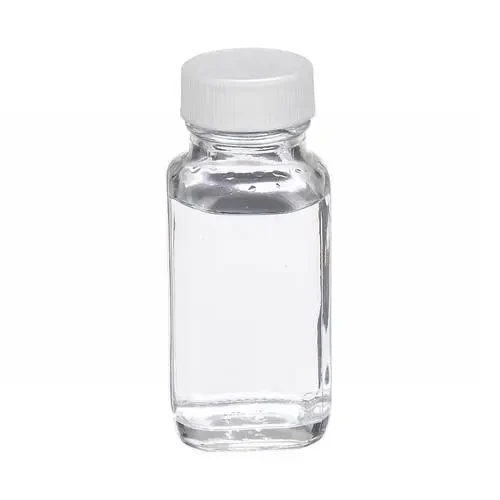active pharmaceutical ingredient production by country
In recent years, the global landscape of active pharmaceutical ingredient (API) production has undergone significant changes, driven by technological innovations, regulatory adjustments, and shifting economic dynamics. Understanding the nuances of API production by country can provide valuable insights for industry stakeholders, from pharmaceutical companies to investors and policymakers.
The production of active pharmaceutical ingredients is increasingly recognized as a cornerstone of the pharmaceutical industry, with countries worldwide striving to enhance their capabilities in this essential sector. Each country brings unique strengths to the table, influenced by various factors such as resource availability, regulatory frameworks, and historical expertise.
China and India stand as giants in the API production arena. China, often referred to as the world's pharmacy, has leveraged its vast manufacturing infrastructure and cost-effective labor to dominate the market. The country's commitment to upgrading its production facilities and implementing stringent environmental regulations has gradually enhanced its reputation for quality compliance. Meanwhile, India, with its well-established pharmaceutical sector, boasts significant expertise in generic drug manufacturing, which is supported by its robust patent laws and skilled workforce. Indian companies have made substantial investments in research and development to innovate production processes that meet international quality standards, thus reinforcing their role on the global stage.
Moving to Europe, Germany leads the continent with its advanced technological capabilities and strong focus on research and development. Known for its precision engineering, Germany's pharmaceutical companies invest heavily in cutting-edge technology to produce high-quality APIs. France and Italy also play crucial roles in Europe’s API production, benefiting from strong regulatory environments that emphasize quality and safety.
In the United States, the API production industry is characterized by high standards of excellence and rigorous regulatory oversight by the Food and Drug Administration (FDA). American companies are pioneers in biopharmaceutical innovation, focusing on producing complex and high-value APIs. The U.S. also has a growing trend of reshoring API production to reduce dependency on foreign sources, spurred by policy incentives aimed at strengthening domestic manufacturing capabilities.active pharmaceutical ingredient production by country
Japan, although smaller in scale compared to China and India, maintains a strong API production sector marked by high-quality standards and a focus on innovative therapies. Japanese companies often collaborate with global pharmaceutical firms, leveraging their technological expertise to advance API production methods and improve drug efficacy.
Emerging markets are increasingly becoming significant players in API production as well. Brazil, for instance, is growing in prominence due to government policies that stimulate local pharmaceutical manufacturing. The country's emphasis on technological advancement and investment in infrastructure has positioned it as a regional leader in API production.
In Southeast Asia, countries like Vietnam and Indonesia are making strides by attracting foreign investments aimed at developing pharmaceutical manufacturing capabilities. The ongoing improvements in these countries' production infrastructures and regulatory frameworks are paving the way for them to become important contributors to the global API supply chain.
One cannot overlook the impact of technological innovation in transforming API production globally. Advances in continuous manufacturing and green chemistry are not only enhancing production efficiency but also aligning industry practices with environmental sustainability goals. Countries that adopt these technologies are likely to gain a competitive edge, offering APIs that meet increasing demands for quality and sustainability.
In conclusion, the global API production landscape is multifaceted, with each country offering distinctive advantages shaped by diverse factors, including regulatory environments, technological capacity, and economic policies. As the demand for pharmaceutical products continues to rise, driven by an aging global population and emerging health challenges, understanding these country-specific nuances in API production becomes increasingly critical. Stakeholders in the pharmaceutical industry must leverage these insights to make informed decisions, whether that involves forming strategic partnerships, optimizing supply chains, or investing in R&D initiatives that ensure a sustainable and resilient future for API production worldwide.
More product recommendations



